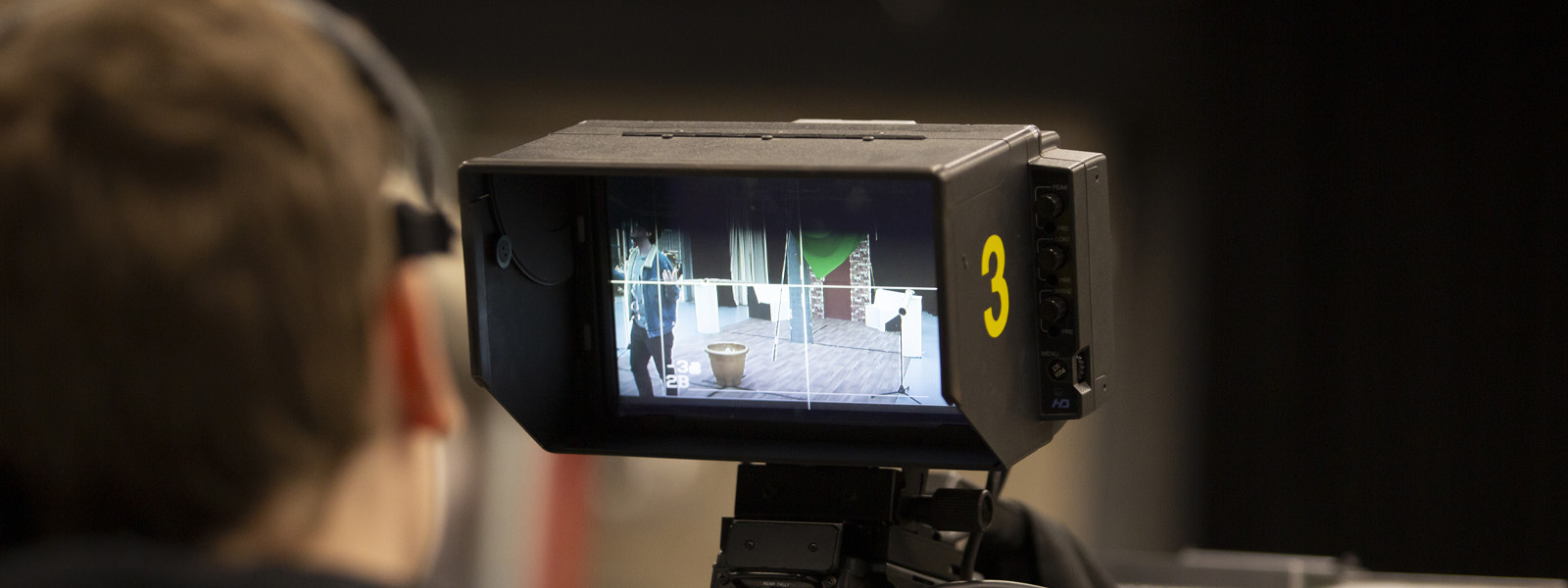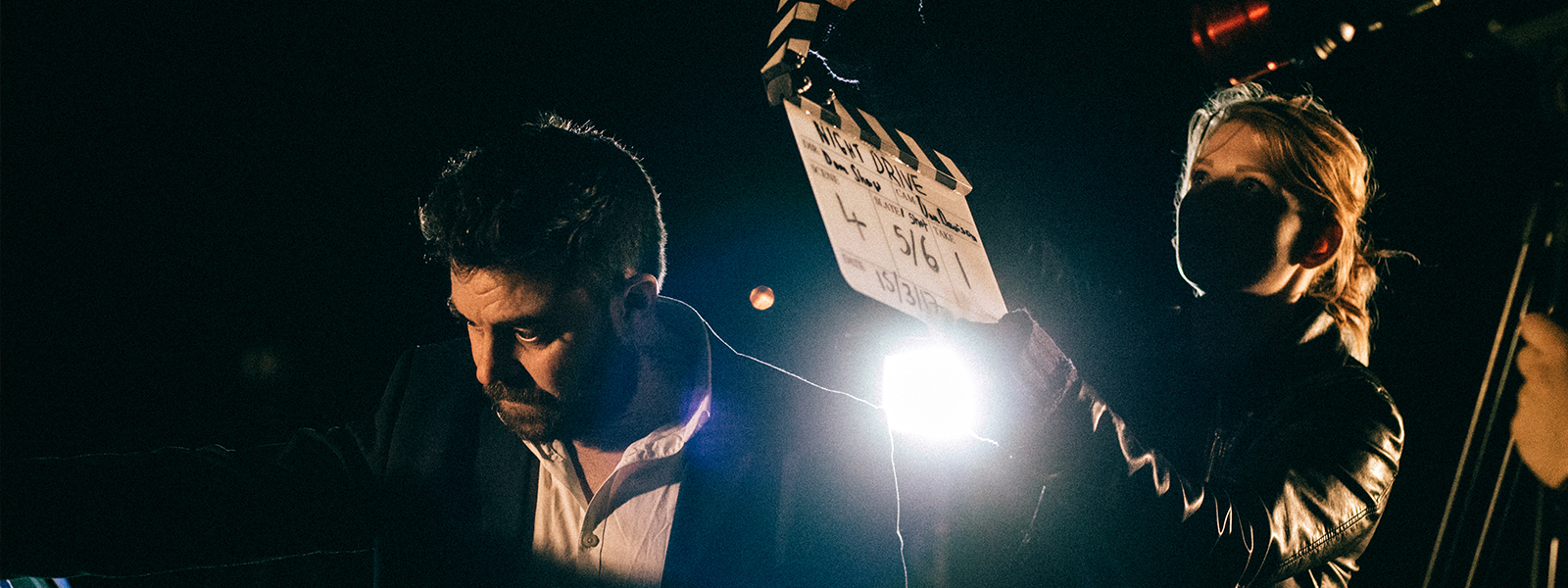Module Overview
This module aims to bridge the divide between theory and practice by positioning research-informed media production as a mode of critical inquiry. Students will be encouraged to engage with contemporary issues in society, orienting their critical and creative practice around a shared theme, event, or provocation. Students will be encouraged to work collaboratively across a range of media, with the direction of their research and practice emerging in response to these themes. Students can reflect on their experiences and shared knowledge of contemporary media, providing an opportunity to situate relevant scholarly debates in the development and conceptualisation of their media-art projects.
Module Overview
Core attributes in an effective media production professional are adaptability, autonomy, and knowledge sharing. This module encourages the development and application of core personal project management skills and allows students to explore a suitable media production process or tool. At the same time as demonstrating newly acquired knowledge in their chosen field, students can share their experience and knowledge with the wider media community via some form of public-facing dissemination or output.
Module Overview
This module enables students to challenge conventions within a large-scale studio project that significantly stretches and challenges their individual and group skillset. The module will see students following through with the experiences from Semester A and put these into practice here.
Students, with the confidence and experience gained at level 4 are asked now to take a stronger creative stand on their work in planning and forming a largescale piece of practice. The key critical skills are used to help build up individual research and development skills, helping to demonstrate the student’s thinking in the employment of their large studio and project-facing role.
Module Overview
This module gives you the opportunity to produce and present a radio production and gain a professional industry credit. You can work as part of a small collaborative team to pitch a programme commission for a nominated radio station/online radio platform. As part of the module, you will be expected to research and specialise in one programme-making role where you will develop technical, creative, and production skills.
Module Overview
This module teaches students how to research, plan, and write an undergraduate dissertation. Each session is dedicated to one stage of the planning, researching, and writing stage. We will look at how to formulate a research question, and how to narrow it down to a suitable project; we will explore research methods, focusing on the function on methodology in the context of a research; then, we will concentrate on the structure of a dissertation, and the particular features of all of its components. At the end of the module students will be aware of what is expected from their final dissertations, and will be equipped with the necessary tools to approach this task.
Module Overview
At the heart of all high-end media content creation, experimentation and problem-solving is a technical pipeline or workflow. This module aims to develop students' understanding of technical workflows that will underpin content creation from this point onward. This module allows students to experience, test, and experiment with various technical pipelines and methodologies to build a tool kit that they can utilise, develop, and expand upon throughout the rest of their degree work and beyond into their professional careers.
Module Overview
This module will enable students to experience and understand the practical, theoretical & technical skills of a visual effects pipeline.
Students will gain a broad understanding of the roles within the various VFX departments; pre-production, acquisition, DIT, Matchmove, Environments, Modelling, Lighting, and Compositing.
Module Overview
The Minnesota State University Moorhead USA Exchange Programme is an optional module. As part of the three-year course, some students may study for the duration of the first term of the second year at Minnesota State University, Moorhead, USA. During the term abroad, students share classes and modules with local students. Not only can students live and socialise in another culture, providing opportunities to study their respective countries, they may also have an opportunity to examine US media industry practice through optional internships for exchange students. The Moorhead-Fargo twin cities may also offer practical opportunities for students to engage with USA production companies including NBC, Fox, ABC, CBS, and Prairie Public TV, all of whom have local bases.


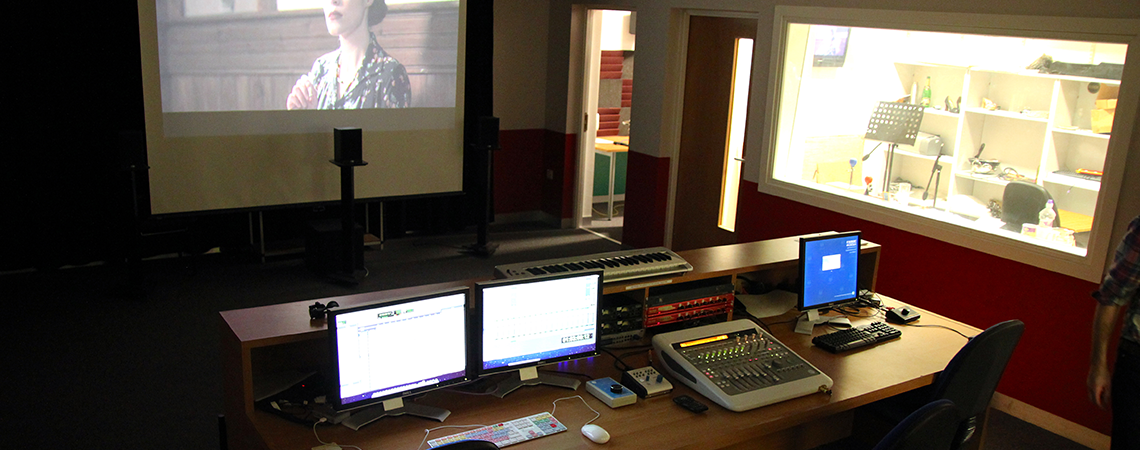
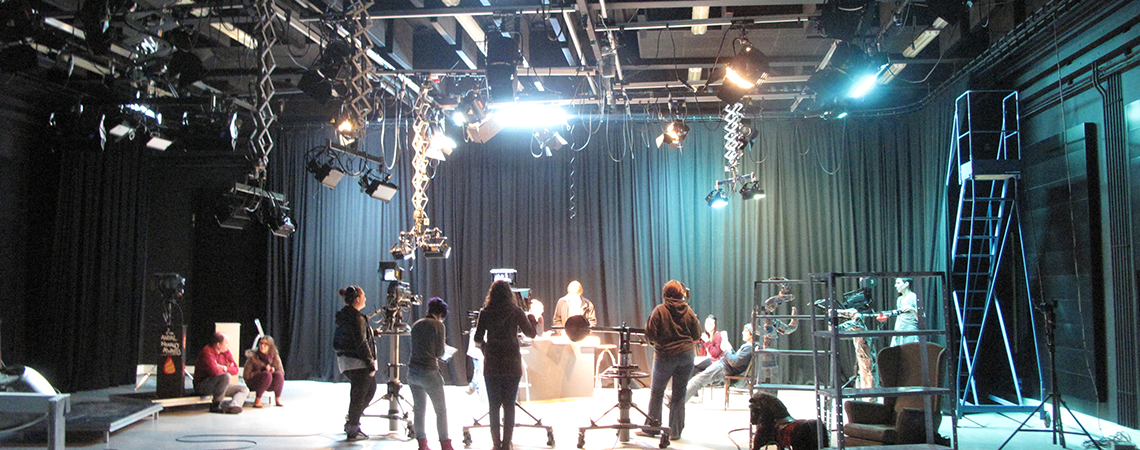

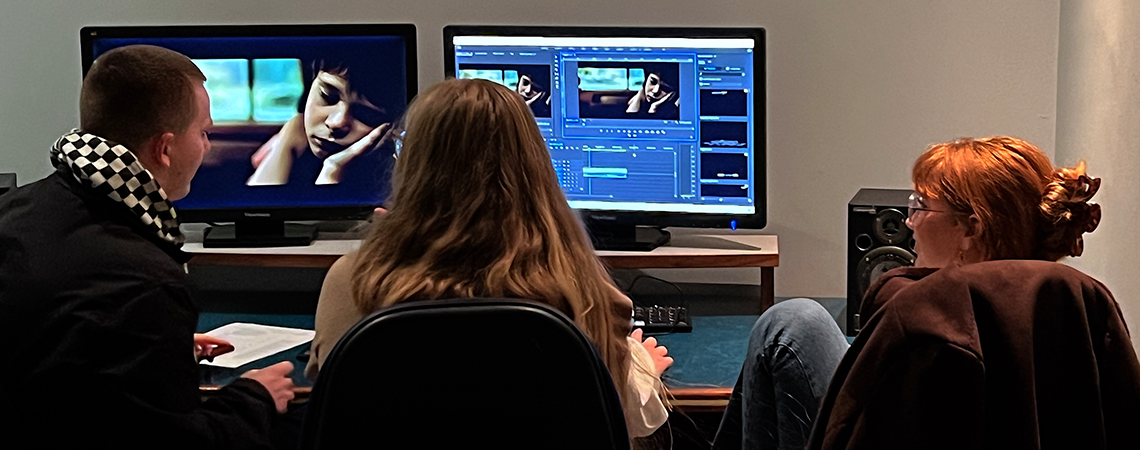
.jpg)
,(1).jpg)





